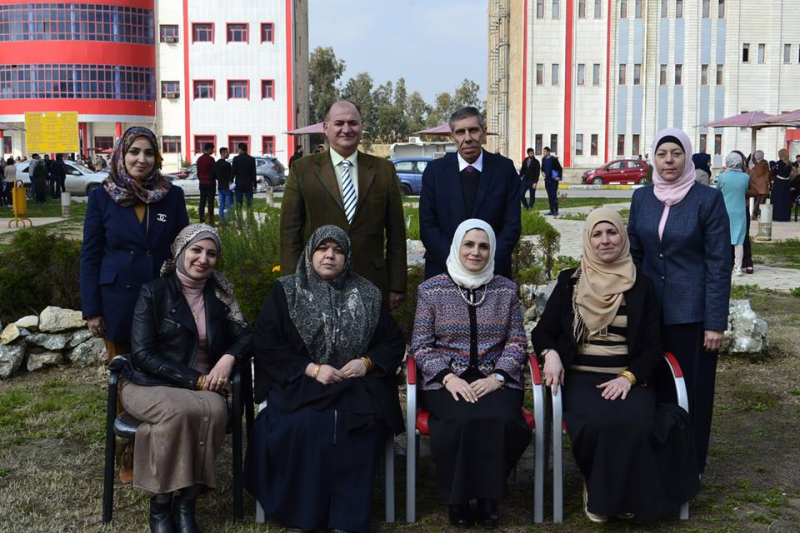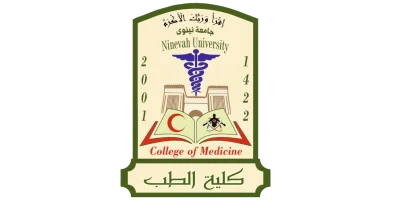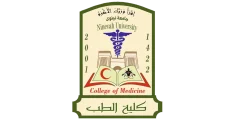Department of Physiology and Medical Physics
June 14, 2025 2025-09-12 18:33فرع الفسلجة والفيزياء الطبية
Explains the normal functions of body organs and the physical factors affecting them.

Department of Pathology and Forensic Medicine
Vision:
The vision includes equipping society with competent doctors capable of practicing medicine in the community, primary healthcare centers, and hospitals, achieving the goal of "Health for All."
Mission:
Providing students with updated scientific knowledge regarding the understanding of various normal physiological mechanisms at the cellular, tissue, organ, and system levels in the human body to bridge basic medical sciences (physiology) with all clinical medical branches, in addition to participating in scientific research.
مستوى الخلايا والأنسجة والأعضاء والأجهزة في جسم الإنسان لأجل خلق الجسور بين العلوم الطبية الأساسية (الفسلجة) وجميع فروع الطب السريرية، بالإضافة إلى المشاركة في مجال البحث العلمي.
Objectives:
Enabling students to describe and understand the functions of cells, tissues, organs, and systems of the human body.
Enabling students to describe and understand the functional mechanisms that regulate the functions of human body systems.
Enabling students to recognize the interrelationships and coordination between body systems to maintain health.
Enabling students to explain the mechanisms of coordination and integration between different body that systems.
Enabling students to explain and clarify the concepts of positive and negative feedback mechanisms in the human body.
Enabling students to identify the consequences of dysfunction in the natural mechanisms of the human body.
Enabling students to understand how to restore normal functions in the human body.
Enabling students to identify and describe the pathological functional bases of diseases affecting the human body.
Enabling students to understand the concept of natural balance mechanisms to maintain a stable internal environment in the body.
Program Overview
Physiological Knowledge
Understanding the normal and pathological functions of body systems.
Laboratory Skills
Conducting practical experiments and medical research.
Professional Values
Developing communication and professional ethics.
Program Objectives
Educating students to become competent doctors serving the community.
Explaining the mechanisms of body system functions and physiological changes related to diseases.
Enhancing communication skills between students, professors, and peers.
Supporting research projects that serve the community.
Promoting lifelong learning through scientific seminars.
Learning Outcomes
Knowledge
Understanding body system functions, medical physics, and pharmacology.
Skills
Conducting laboratory experiments and rigorous medical research.
Values
Developing communication and professional ethics.
Curriculum Structure
Medical Physics (First Year, 105 hours)
Covers the foundations of medical physics and its applications (45 hours theory, 60 hours practical).
Medical Physiology (Second Year, 240 hours)
Focuses on the functions of normal and pathological body systems (150 theoretical hours, 90 practical hours).
Pharmacology (Third Year, 150 hours)
Includes the study of drugs and their physiological effects (90 hours theory, 60 hours practical).

